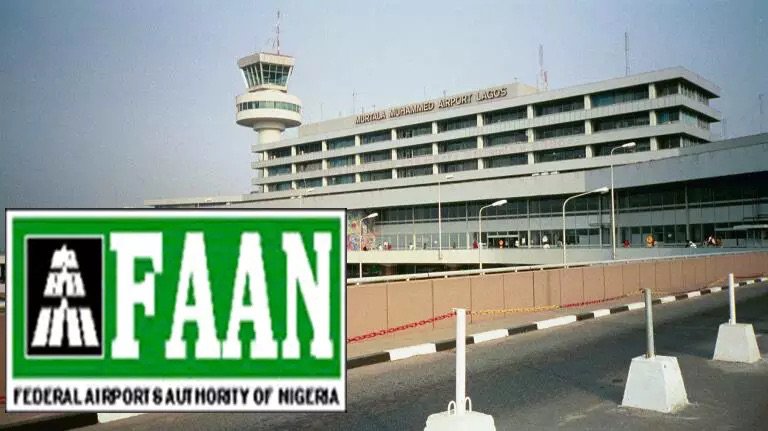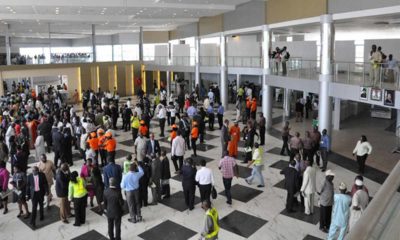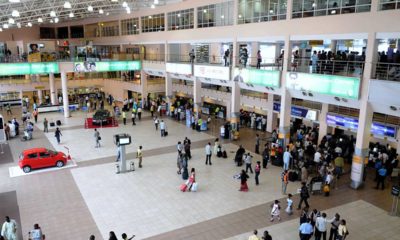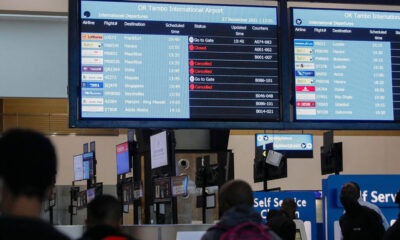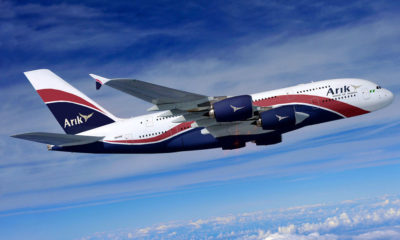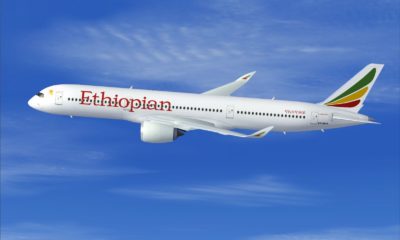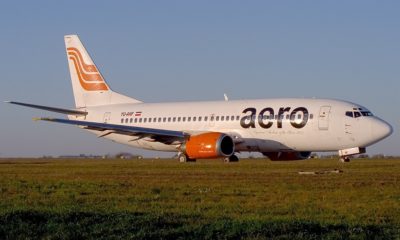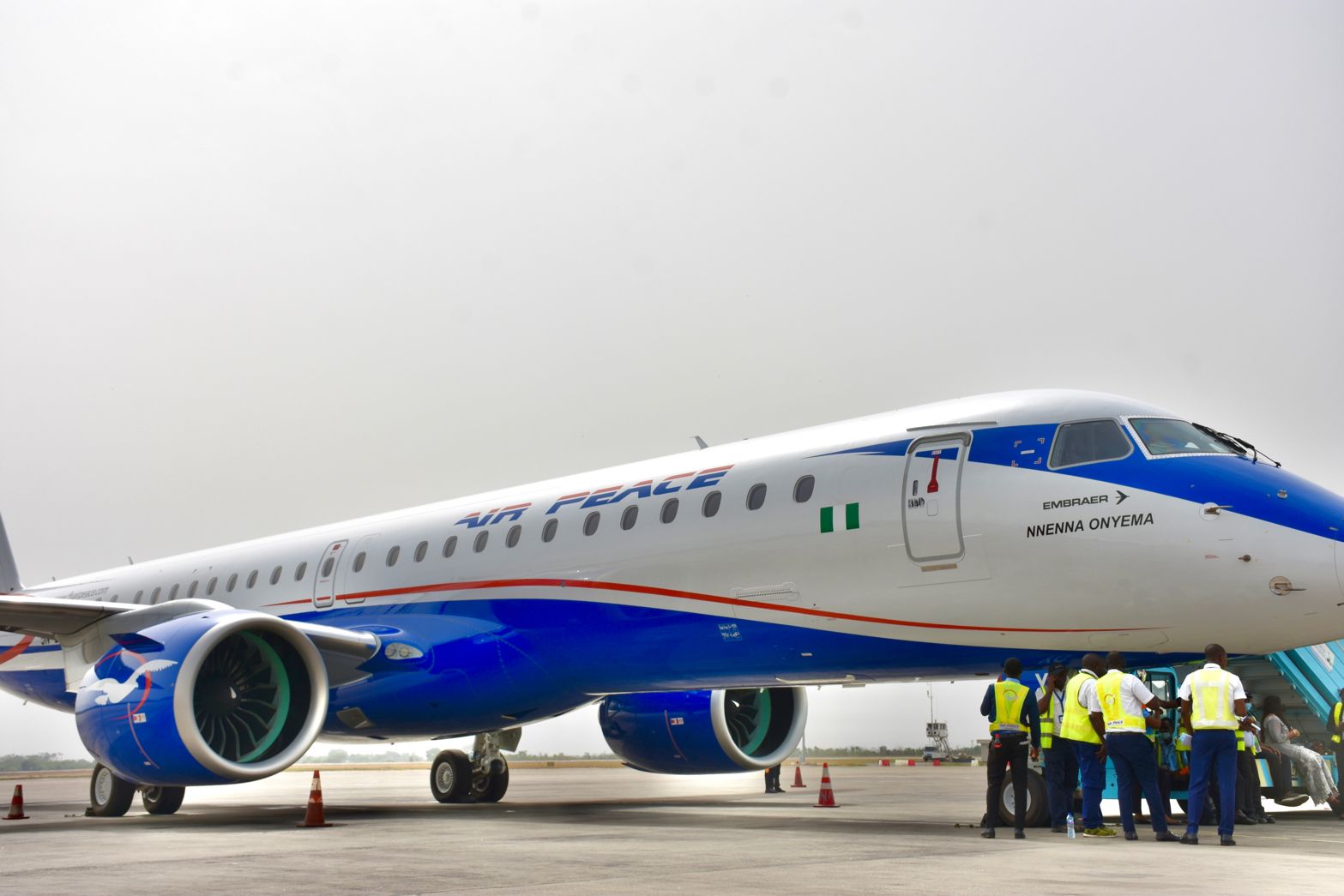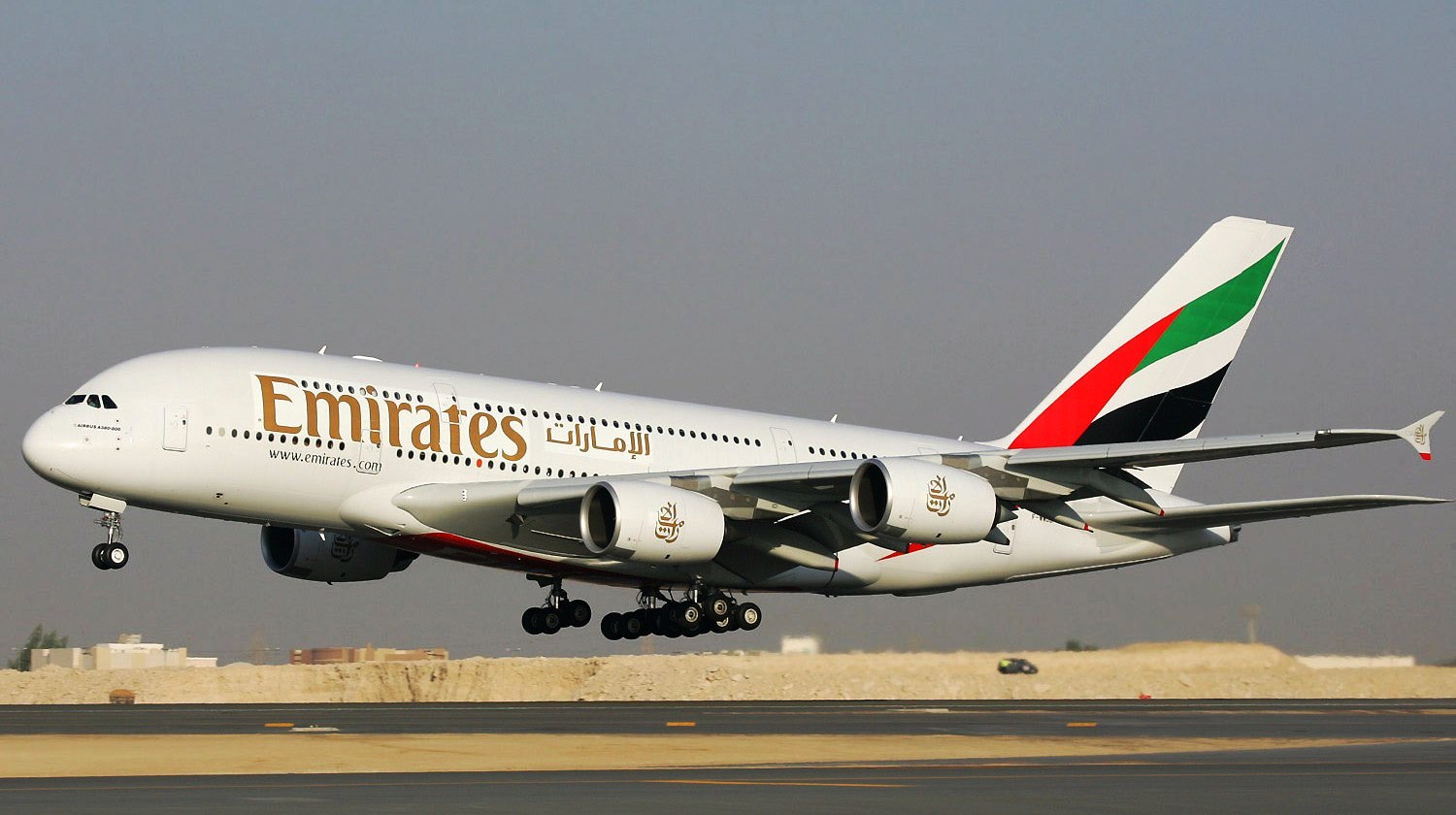The Federal Airports Authority of Nigeria (FAAN) has concluded plans to close the Kebbi State-owned airport over its indebtedness.
The Nigerian Airspace Management Agency (NAMA) by issuing Notice To AirMen (Notam) to airlines from flying into the airport as from midnight yesterday when FAAN is expected to withdraw its services at the airport.
According to a source close to FAAN, from 12 midnight yesterday, FAAN would withdraw all its fire service and security personnel from the airport.
The source further disclosed that the Kebbi state government owes FAAN over N33m and has refused to pay since January this year despite a series of letters to the state.
“We are closing the Kebbi airport by 12 midnight Monday, they are indebted to us and we have written so many letters to the governor and there was no response and NAMA has already issued a NOTAM on Friday to inform all airlines flying into the airport to keep off,” the source said.
This is not the first time FAAN would take such action. In 2019, FAAN closed the Gombe and Kebbi airports as a result of over N700 million debts.
FAAN had issued a notice to both private and state-owned airports in Nigeria to settle their debts on or before April 24. The agency had said its services would be withdrawn if they failed to clear their debts.
“The authority shall be constrained to commence the implementation of sanctions at the expiration of this notice if the organisations fail or refuse to pay up as advised,” FAAN had said.
“In view of the above, the authority hereby notifies private airport operators that the services of our Aviation Security and Aerodrome Rescue and Fire Fighting personnel will no longer be available for the operations of their airports with effect from May 1, 2021.
“This action has become imperative as the management of Gombe Airport is indebted to the authority to the tune of N607. 9m, while Kebbi and Bebi airports are indebted to the tune of N124.5m million and N76.8m respectively.”
In 2020, the Federal Government had taken over the management of Osubi airport in Delta over alleged debts and mismanagement.
The Federal Government in July re-opened commercial flights at the airport.
The federal government shut down commercial operations at the airport in February 2020, following the inability of the former operator of the facility, Shorelines Oil Services Limited, to run it optimally.
The Airport is now being managed by the Federal Airport Authority of Nigeria.

 Forex2 weeks ago
Forex2 weeks ago


 Naira2 weeks ago
Naira2 weeks ago
 Billionaire Watch1 week ago
Billionaire Watch1 week ago
 Company News4 weeks ago
Company News4 weeks ago




 Naira2 weeks ago
Naira2 weeks ago




 Naira1 week ago
Naira1 week ago




 Naira4 weeks ago
Naira4 weeks ago
 Nigerian Exchange Limited4 weeks ago
Nigerian Exchange Limited4 weeks ago
